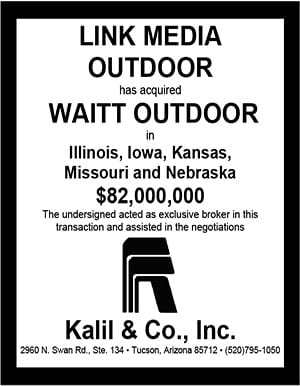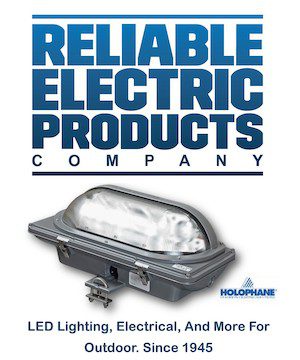 Yesterday’s Billboard Insider podcast guest Jennifer Sloane talked about lease mistakes. She also explained why you should buy assets instead of stock and how to use holdbacks.
Yesterday’s Billboard Insider podcast guest Jennifer Sloane talked about lease mistakes. She also explained why you should buy assets instead of stock and how to use holdbacks.
Should you do a stock purchase or an asset purchase?
The most common structure is an asset sale as opposed to a stock sale. In an asset sale the buyer is not going to assume all the liabilities of the business unless it is outlined as an assumed liability in the purchase agreement. When you purchase a company’s stock you’re going to take all the liabilities, known or unknown.
If it’s a small transaction and you’re talking about buying somebody with 3-4 billboards it’s probably not that big of a risk. But when you’re talking about buying a plant…or you’re talking about buying high end inventory like Times Square or LA then your risks are much greater and you would not want to to a stock transaction. Now with that said I would recommend to do a stock sale if the seller has a very important asset – one which makes up the bulk of their revenue – and the lease agreement requires the landowner consent to an assignment of the lease. If there’s any hint at all that there’s a problem with obtaining that consent from the landowner or you’re worried that the landowner is going to extoll the situation and demand a large payment to give consent then in that situation you would do a stock sale.
There’s also a bunch of tax issues…If you’re a C-corp there’s double taxation in an asset sale…a sale of the asset is a taxable event and the distribution of profits to the owner is a taxable event. Whereas a stock sale doesn’t have that double taxation issue.
As-is, where is transactions?
Just don’t do them. Nothing good ever comes from these. You think you’re getting a good price…but you end up paying a lot more down the road to fix the problems that are not disclosed by the seller…
What about holdbacks?
Holdbacks are a common element to a sale agreement. It gives the buyer assurances that there will be proceeds to go after in the event of a covered claim…Having the holdback funds sitting there means the buyer is less likely to have to file a lawsuit against the seller to get those funds back…Most deals call for a holdback of anywhere from 5-10% of the purchase price…from 12-18 months in length…
[wpforms id=”9787″]
Paid Advertisement














